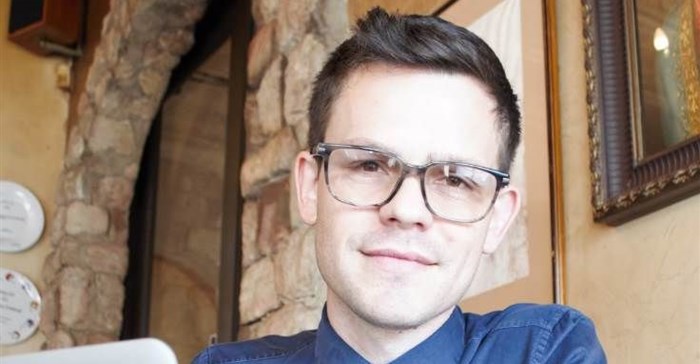
Top stories




Energy & Mining#MiningIndaba: How GenAI is reinventing mine maintenance in South Africa
Maroefah Smith 54 minutes


More news














“Global leaders have known about viruses such as Covid-19 for a very long time. If you consider that since the 1980s, similar viruses have killed millions of people, Mother Nature has given humanity plenty of warnings, such as the SARS epidemic, which although bad, caused few economic ramifications, Jean-Pierre Murray-Kline said at the PaySpace Power Conference 2020 a virtual event.
Moreover, consider some other obvious factors, such as increased international travel and how populated our cities are and our increased interaction with animals, and it’s fair to say that the ball is in our court when it comes to preparations for a pandemic. “Humans are conscious beings, and change, which is essential for survival, seems to only happen at the last minute, when we decide to do it, it's often not the best choice. There are bad decisions, there is being naive, but by far the worst is being ignorant,” he adds.
Speaking of the latter, Murray-Kline says there’s idiocy around the view that increasing tax on higher-earning businesses or individuals is the answer to solve inequality in SA. There are enough taxes to achieve those goals if it were only spent where it was needed, and it wasn't stolen or wasted on failing parastatals. We find the same sort of illogical reasoning when it comes to issues such as climate change, with people mistakenly believing there are enough resources to sustain life on earth, which isn’t the case.
He believes that we destabilise our own society by digging the ground beneath our feet, to fuel our current needs, priorities, and values. “The straw that broke the camel's back was this virus, and despite a very low mortality rate, has managed to spark a global wave of fear, and no country was prepared for the ripple effects.”
According to him, this is mainly due to the fact that our social, economic and political structures are no match for this little virus which really was between 20 and 400 nanometers in diameter. Before the pandemic mechanisms in place didn't motivate us to divide our resources equally, and during it, people lived at the extremes of their social position. Covid-19 didn't care about anyone's bank balance either, some of the world’s largest organisations took the biggest knocks.
The sad reality, says Murray-Kline, is that we hit humanity's iceberg, and the lifeboats we're relying on such as our governments and our economy, were as inadequate as the Titanic. “We believed we couldn't flounder, now we've hit the bottom of the ocean.”
He discusses two problems that are unique to SA, that have reduced our nation's ability to deal with natural disasters, and have left our citizens divided. Firstly, people are not seen as citizens but rather seen as the oppressed versus the oppressor, and this is of course determined by skin colour, rather than individual actions. Secondly, today’s generation is required to pay for the actions of the past, and at the same time finance the future. They are distracting us from the opportunities which present themselves to better ourselves.
This also begs the question of what, in reality, could have helped South Africa handle the pandemic. The answer, he says, is obvious. A healthy population with good access to medical care would have been the only thing that could have significantly reduced total deaths here, but we acted too late and spent too much time squabbling about the past to adequately prepare for the future.
Murray-Kline says Covid-19 has some real physical manifestations, such as the stresses on medical resources, lockdowns, destabilising economies, poverty and civil unrest. People stress while watching the stat counters on television and the death rates increasing. Those who managed to remain calm rely on tools like data modelling which is essentially professional guesswork.
In truth, no one had enough information or experience to make predictions, and no decisions had any level of certainty. At some point, SA’s leaders were advised there would be eight-million infections and 40,000 deaths by mid-August. Worldwide reports were saying during the first wave of the virus, 21-million people we're going to need hospitalisation and between 20% and 60% of the global population would be infected, and around 14 to 42 million would die.
Sharing a quote from his advanced driving instructor, he says: “If you're going to crash, try do it slowly. This is very good advice, and this is what we had to do in SA. We had to crash, as smoothly as possible. I believe our government wanted to fall with some sort of dignity. Unfortunately, when your regulations are announced unconstitutional by the high court or worse yet, irrational and unfair by the court of the people you know your dignity is lost and then reputational damages are inevitable.”
Murray-Kline says we can't be too upset with our government and believes they had the general well-being of our people in mind and made some good decisions and some bad ones too, but ultimately we need to be responsible for ourselves.